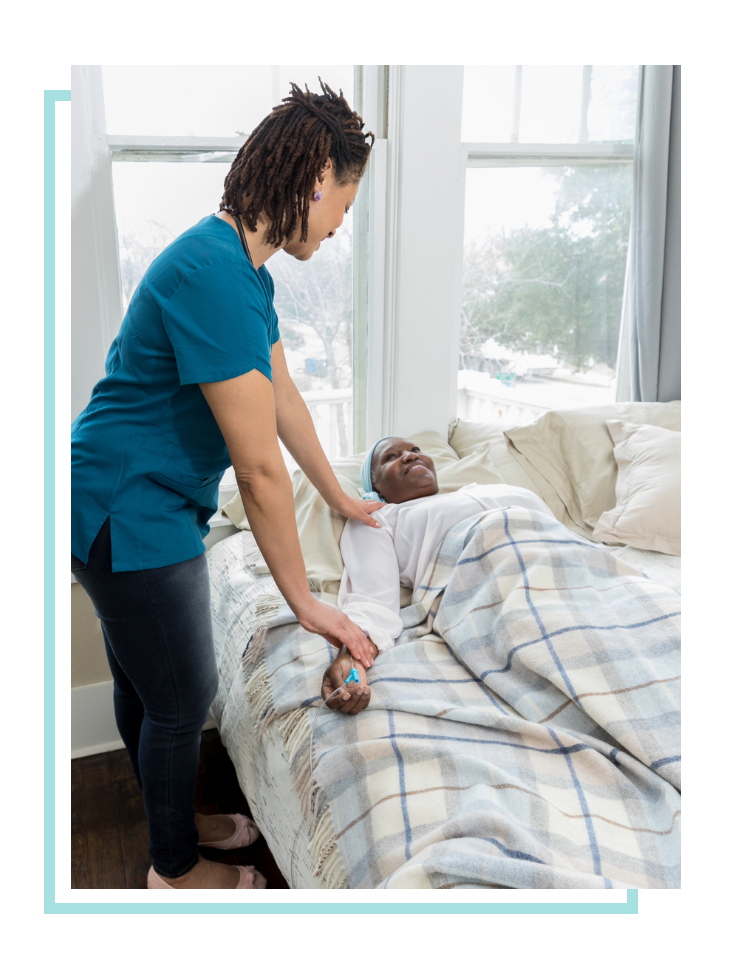HOSPICE CARE
Frequently Asked Questions
We are here to help you. Listed below are frequently asked questions regarding hospice care. If you have a question that is not covered in our FAQ please contact us and a Traditions Health team member will be happy to assist you.


